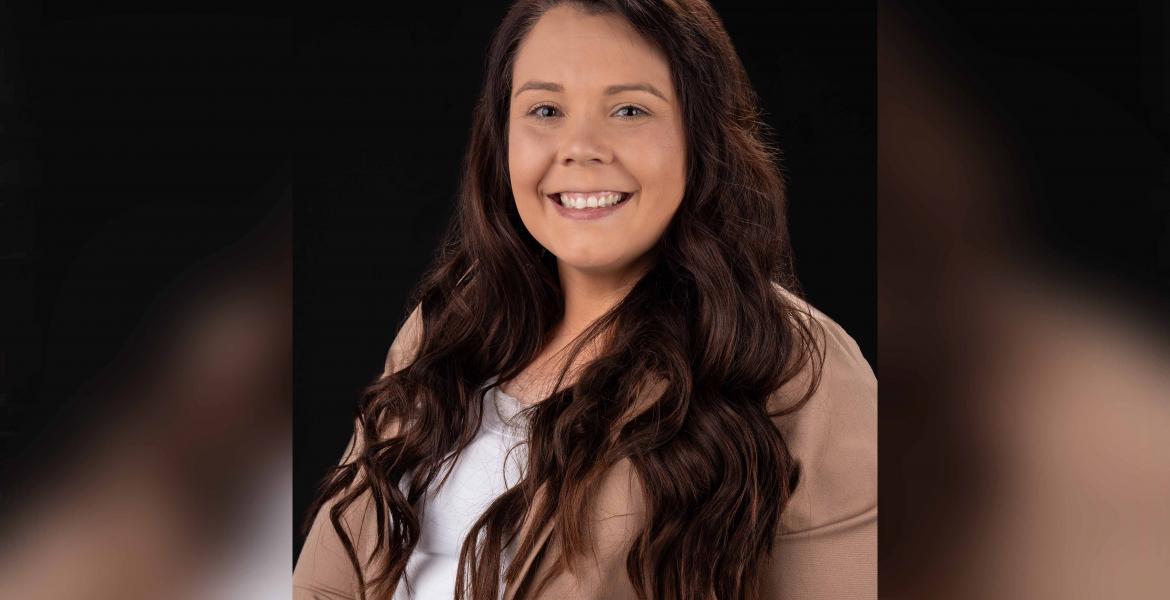Men and women coming back from serving their country oversees go through intense physical and mental strain. Because of that, the branches of the U.S. Military find it important to look after the soldiers returning home by having them participate in the Deployment Health Assessment (DHA) as part of their post deployment training.
Airman Schnegg, with Goodfellow Air Force Base, spoke of the process that goes into participating in the survey.
“We do tracking through online questions in the Deployment Health Assessment,” Schnegg said. “This survey will screen signs of symptoms relating to Post Traumatic Stress Disorder.”
There are five stages of the DHA that are spread over the training. DHA one happens before the individual leaves for deployment; DHA two happens 30 days after returning back from deployment; DHA three happens between 90 and 180 days after returning; and DHA 4 and 5 happens annually after one year, for a total of two years.
The purpose of the DHA survey is to have those returning from deployment to be the same as they were before leaving--in good physical and mental condition, Schnegg said.
Captain Cruz, also from Goodfellow, explained that the DHA three is the most crucial time for the survey to screen signs of changes in the participant’s condition.
“A lot of the time members come back feeling fine, but after a couple of months, there can be apparent respiratory issues, headaches, and rapid changes in temperament,” Cruz said.
The changes in the member’s attitude can affect their loved ones, and cause them to distance themselves from their families.
Schnegg mentioned that there are optional opportunities for service members to have one-on-one counseling with either a Mental Health Clinic therapist, or a chaplain, if they feel the need to talk in a confidential environment.
Family members can also contact the Airman Family Readiness Center on base if they have any question or concerns regarding their family member’s condition.
If the DHA survey does show signs of any mental or physical challenges involving a military member, then certain steps are taken to help with his or her condition.
It starts with talking to a member’s family doctor, who will then schedule a meeting with the Mental Health Clinic. From there, the severity of the diagnosis will be determined and what steps need to be taken to help relieve the individual symptoms through therapy.
“It depends on the diagnosis of the phsycologist to determine the condition of the member, “Cruz said.
He added that if the member has a debilitating, or chronic condition, he or she will receive the therapy needed to resolve his or her symptoms to be cleared for deployment assignments in the future.
“If not, then there are steps taken after because the military does not want to put [its] members in harm’s way,” Cruz said. “This means not having them return to the same environment that caused the condition previously.”
Some of the questions asked on the DHA survey include, does the individual drink alcohol? If so, how many glasses are consumed at one time? Have they had thoughts of suicide since returning home, and how do they feel overall since returning?
“There is not meant to be any preparation for the DHA survey,” Cruz said. He stated that it is designed so members can answer the questions with straightforward answers. “Its questions are based on how you are feeling at that point in time.”
Cruz recalled that this process used to be based on self-reporting, where members came forward themselves to discuss any difficulties with home life since returning from deployment.
“A lot of members, both male and female, don’t want to report issues involving them and their families,” Cruz said. “The process has been codified for that reason.”
The DHA is a congressionally mandated program. Since 2010, The U.S. Congress declared that every branch of the services must offer the survey for members.
“The intent of the survey was to identify symptoms that might turn into something bigger,” Cruz said.
Since the beginning of the war in Kuwait, to Afghanistan, and all the Operation Enduring Freedoms, there was a significant increase in military members coming back with PTSD, traumatic brain injuries, and other mental and physical injuries.
“The focus became that we needed to codify this, and that’s what really started the DHA becoming a formal program,” Cruz said.
Since starting less than a decade ago, the DHA has been through multiple updates and iterations to improve the process of the survey.
“From the time it started, till now, there have been multiple iterations of the questionnaire and the process of updating it,” Cruz said. “If something isn’t working, we will fix it and introduce the new update for the process.”
This includes altering the score counts to provide more accurate information of what triggers signs of any problems facing the members. This provides better parameters to gage those who are taking the survey to receive the feedback they need.
Subscribe to the LIVE! Daily
Required






Post a comment to this article here: